What's the difference between vegan and plant-based diets? What does being veganish mean? What's a flexitarian? How is the Mediterranean diet different than a plant-based diet? Keep reading for answers to all those questions.
I'm the member of several food-related groups on Facebook and almost every day there's questions like:
- What's the difference between being vegan and plant-based?
- Why would vegans be trying to avoid vegetable oil?
- Are plant-based and vegan diets the same?
- Vegan vs. Plant-based diet - which one is better?
- How is the Mediterranean diet different?
- What's a flexitarian?
- What does it mean to be veganish?
Here's the low-down, so hopefully it will answer any lingering questions you have.
Jump to:
- Is a plant based diet the same as vegan?
- What do vegans eat?
- What's an ethical vegan?
- What do you eat on a plant-based diet?
- How is the Mediterranean diet different?
- What is a flexitarian?
- What's a veganish diet?
- No labels necessary. Why it's okay to be veganish!
- Vegan vs. Plant-based - which one is better?
- 💬 Reviews
Is a plant based diet the same as vegan?
No. They are different, although they include and exclude some of the same foods.
What do vegans eat?
A strictly vegan diet contains no animal products at all. It excludes all meat, fish, seafood, dairy, eggs and honey.
A vegan diet does not restrict processed foods, refined sugars or oils. So, as long as it does not contain animal products of any kind, a diet could be considered vegan.
You could eat Oreos all day long and you're on a vegan diet (yes, Oreos are vegan).
It's easy to be a "junk food vegan", eating lots of processed food and meat & cheese substitutes.
What's an ethical vegan?
Someone who considers or labels himself a "vegan" may consider himself an ethical vegan, which is a philosphy that extends beyond his or her diet.
An ethical vegan disagrees with and opposes the use of animals for any reason.
Here's the definition of veganism from Wikipedia:
Veganism is both the practice of abstaining from the use of animal products, particularly in diet, and an associated philosophy that rejects the commodity status of animals.
A follower of either the diet or the philosophy is known as a vegan. Distinctions are sometimes made between several categories of veganism.
Dietary vegans (or strict vegetarians) refrain from consuming animal products, not only meat but also eggs, dairy products and other animal-derived substances.
The term ethical vegan is often applied to those who not only follow a vegan diet but extend the philosophy into other areas of their lives, and oppose the use of animals for any purpose.
Another term is environmental veganism, which refers to the avoidance of animal products on the premise that the harvesting or industrial farming of animals is environmentally damaging and unsustainable.
So, as you can see, for some people, it extends far beyond what they eat. They ARE vegan. They don't just eat a vegan diet.
What do you eat on a plant-based diet?
A plant-based diet is a diet consisting of whole, unprocessed foods. It can also be called a whole foods plant-based diet. Or, whole foods plant-based no oil diet. That's a mouth-full, so you can see why most people shorten it to "plant-based".
Like a vegan diet, a plant-based diet also excludes meat, dairy and eggs. In addition, it excludes processed foods (like oil, junk food, highly processed meat and cheese substitutes, etc.).
The doctors that have championed a plant-based diet all have slightly different views on the little things, but agree that a diet consisting mostly of whole foods that come from plants is the healthiest diet on the planet.
I go into more detail about this is this post, check it out: Plant-based Diet Food List - What can you eat on a plant-based diet?
Foods you can eat on a plant-based diet
- Whole grains (oats, brown rice, whole wheat, corn, other whole grains)
- Starchy vegetables - ALL of them
- Vegetables - ALL of them
- Fruits - ALL of them
- Legumes - ALL of them
- Nuts and Seeds - ALL of them
Foods you eliminate on a plant-based diet
- All added oils
- Processed foods
- Meat, Fish, Seafood
- Dairy and Cheese
- Eggs
Foods that are sometimes limited on a plant-based diet
These things are limited sometimes, based on your health, allergies and/or the doctor giving the advice. As you can imagine, this can be varied.
- Refined Sugar and Brown Sugar
- White flour
- White rice
- Refined grains
- Wheat
- Corn
Very few well-informed and educated people would argue against a diet of vegetables, fruits, grains, beans, nuts and seeds. I don't know a legit doctor that would tell his patient to eat LESS vegetables.
Not sure how this translates to actual meals that are not salad? Here's my Simple Plant-based Meal Ideas and Cooking Tips for Beginners.
How is the Mediterranean diet different?
The Mediterranean diet does include a lot of plant-based foods, with a few major additions.
The Mediterranean diet consists of mostly plants (vegetables, grains, starches, legumes and fruit). But, it does allow some occasional meat (like once a month), fish and poultry weekly, dairy and eggs.
A trademark is also their copious use of olive oil. Take a look at this article about whether a Mediterranean diet is designed to keep you trim and healthy.
What is a flexitarian?
A flexitarian is someone who may follow a vegetarian, vegan or plant-based diet (or even Mediterranean diet) some of the time, but is not 100% strict.
So, a flexitarian is someone who may eat a plant-based breakfast, a vegetarian lunch and meat for dinner.
What's a veganish diet?
A veganish or vegan-ish diet could also be called flexitarian. It means you want to eat mostly plants (grains, starches, vegetables, fruit, beans, nuts, seeds, etc.) but you are not committing to doing it 100% of the time.
No labels necessary. Why it's okay to be veganish!
Each of us has this awesome gift called free will. We get to choose what we want to eat. And, you don't have to adhere to a label if you don't want to.
We tell people we are vegetarian, vegan, veganish, flexitarian or plant-based, based on how well it will be received by the other person or how much they are aware of the difference.
We also do not argue with others about food or try to advocate that our way of eating is the best and only way.
Our friends and family are more important than food.
Don't know how to handle changing your diet with your friends and family? Or, how to get your kids to eat vegetables? Read this: Going plant-based vegan when your family is not on board.
We are not what you would label "ethical vegans". We absolutely strive to be ethical people, who strive to be honest and demonstrate integrity to our own cherished values. Let's set that straight, in case there's a question about what I mean.
But, we still wear shoes made of leather and eat honey.
We chose to follow a mostly plant-based diet years ago mainly for health reasons.
When we eat a plant-based diet, our health problems improve or go away altogether, we feel better, have more energy, lose weight and have less pain. That's why we've kept with it so long. It works.
We're not perfect. Far from it, in fact. But, we do the best we can. In our situation, we feel that it's okay to eat healthy most of the time.
If, every once in a while, I want a croissant, I eat it. It's called balance. #veganISH
Our diet is a major contributor in protecting us against major diseases like heart disease and diabetes. And, this from eating plant-based 90-95% of the time. We're not perfect and you don't have to be either to get health benefits from eating plant-based.
For more information on the medical reasons behind a plant-based diet, I recommend you read The Starch Solution by Dr. John McDougall and watch the documentary Forks over Knives (available on Netflix).
Still have questions? Read this article: What is a plant-based diet and why you should give it a try.
Vegan vs. Plant-based - which one is better?
Both diets exclude meat, fish, seafood, dairy and eggs. Vegan diets aren't inherently healthy and the term "vegan" can sometimes encompass ethical philosophies that extend beyond the food.
Plant-based diets are generally incredibly healthy and it's all about the food and your health.
It's totally okay to eat whatever you want. Eating healthy some or most of the time is better than none of the time.
Do what you can.
No labels necessary.

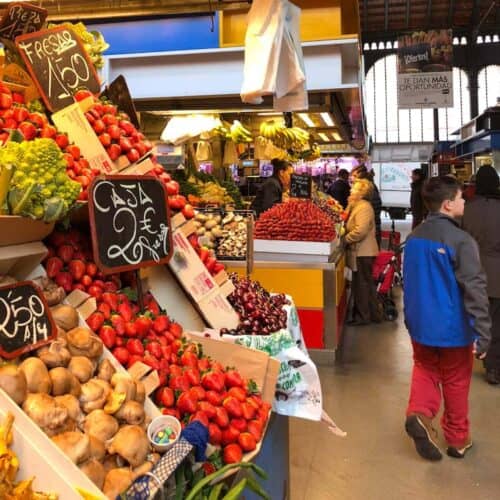
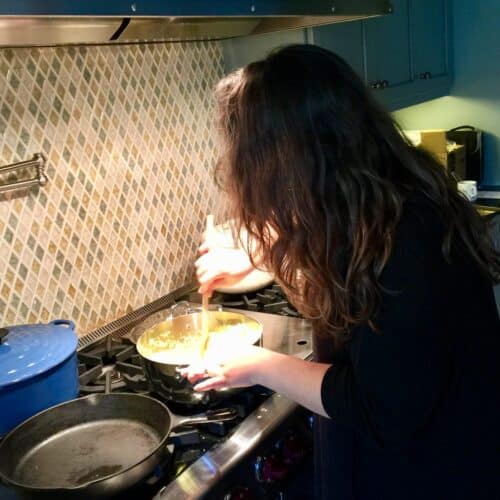

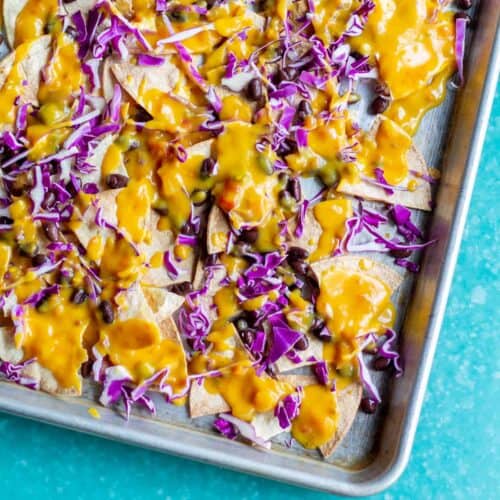

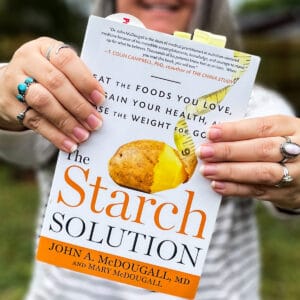
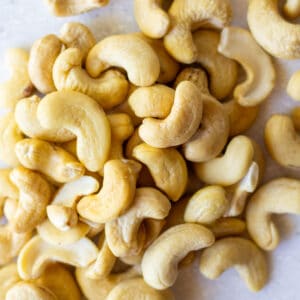
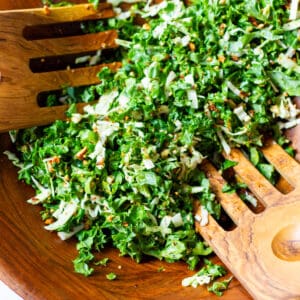


Yiselis says
Wow Abi your writing skills are a plus. Good explanation about the differences.
Abi Cowell says
Thanks so much, Yiselis! I'm glad the explanation about the difference was helpful. 🙂 Thanks for commenting on my blog!
Yumsmum says
I love 'veganish'. I've always called myself a flexitarian because like you I am not always able to be 100%. Vegan is the way I'd prefer to eat since I've discovered all foods are not my friends. From time to time though I find myself in a situation where -ISH is the more prudent course. (As in travel!😜) Love your blogs.
Abi Cowell says
We're the same in this way, for sure! Flexible is my middle name. Haha! Thank you so much for commenting, Helen. 🙂
Stacy says
Hi Abi,
Just stumbled upon your site and really enjoyed this article. I've been eating plant based for about 8 months now and feel so much better. My experience with trying to explain it to others is why this article speaks to me. Labels do tend to create an almost negative response.
Thanks again,
Stacy
Abi Cowell says
Hi Stacy,
I'm so glad this post resonated with you! Thank you so much for taking the time to comment and let me know. I really appreciate it. 🙂
Best wishes,
Abi
Beth says
I love trying new plant based recipes and have lost about 50 pounds. I don’t have a sweet tooth, but giving up cheese and dairy was a game changer. I will occasionally eat eggs. I love your reasoning and thoughts on this. I don’t feel as though I have to be perfect all the time.